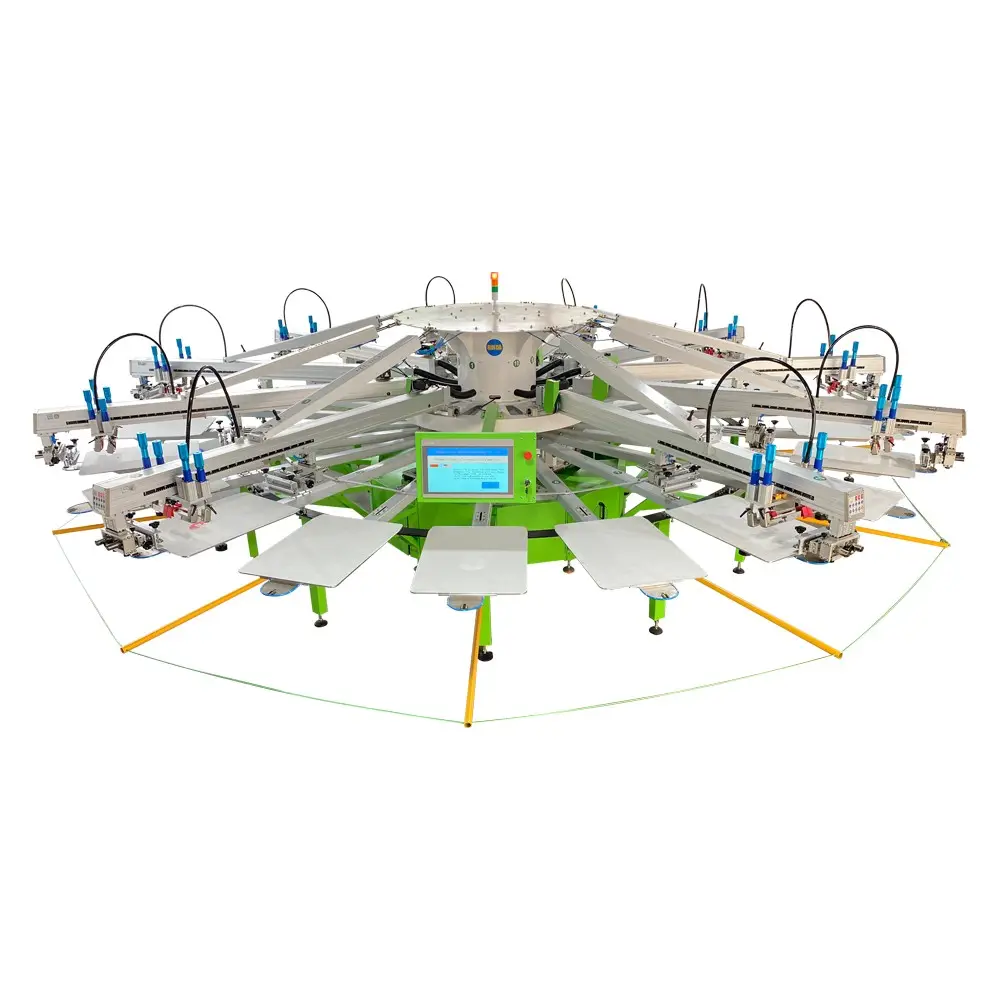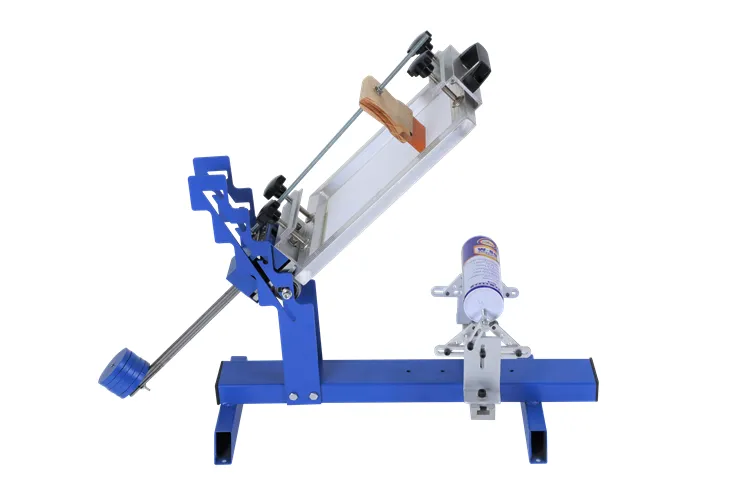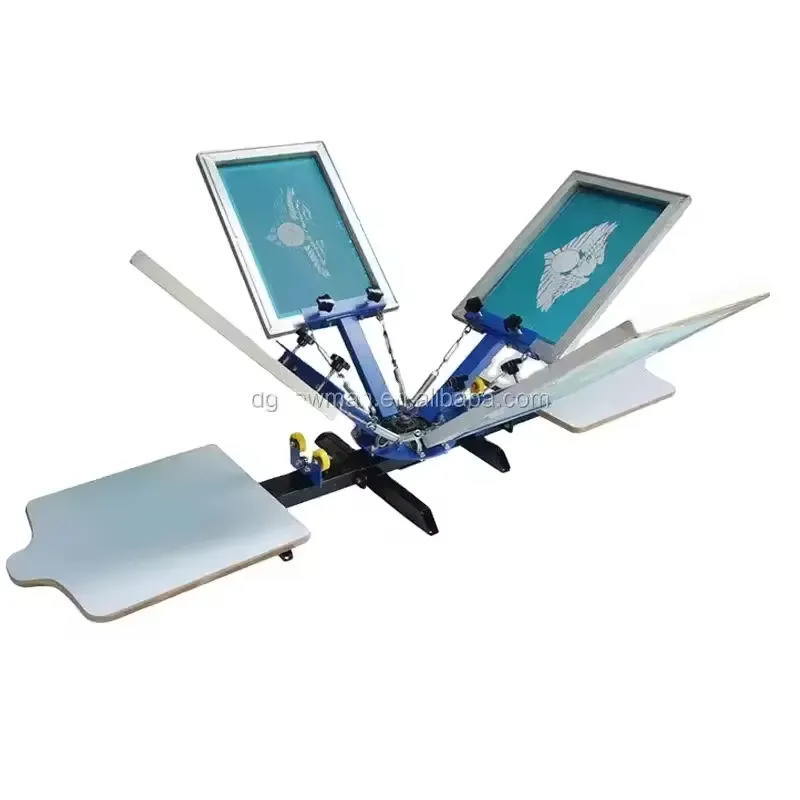industrial screen printing
Industrial screen printing represents a versatile and efficient manufacturing process that enables the precise application of ink, paint, or other materials onto various substrates through a mesh screen. This sophisticated printing method utilizes a stencil-based technique where ink is forced through a finely woven mesh screen to create precise patterns and designs. The process begins with the creation of a stencil on a mesh screen, typically made from polyester or stainless steel, which determines where the ink will pass through. Advanced industrial screen printing equipment incorporates automated features such as automatic feeding systems, precise registration control, and curing units to ensure consistent, high-quality output. The technology finds extensive applications across numerous industries, including electronics manufacturing for printing circuit boards, textile production for fabric designs, automotive sector for instrument panels, and glass industry for decorative elements. Modern industrial screen printing systems can handle multiple colors, achieve fine detail reproduction, and maintain tight registration tolerances, making them essential for both high-volume production runs and specialized manufacturing applications. The process accommodates a wide range of inks and coatings, including conductive materials, enabling its use in producing functional components as well as decorative items.


